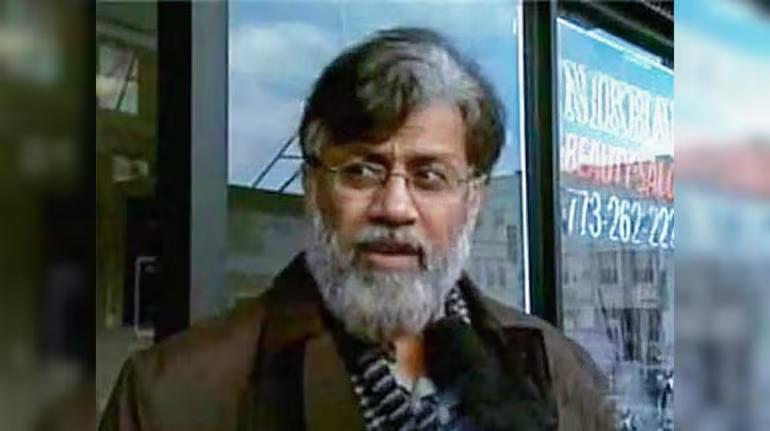
NIA to Collect Tahawwur Rana’s Voice Sample in 26/11 Case: Reports
The National Investigation Agency (NIA) is set to collect a voice sample from Tahawwur Rana, a Canadian citizen, to authenticate call records in connection with the 26/11 Mumbai terror attacks. By matching Rana’s voice sample with call records, investigators aim to determine whether he was giving instructions over the phone during the November 2008 attacks. This development comes as a significant breakthrough in the investigation, with Rana being extradited to India from the US on Thursday.
Rana, a dual citizen of Canada and Pakistan, was arrested in 2009 by the FBI on charges of providing material support to the Lashkar-e-Taiba (LeT) terrorist organization, which was responsible for the 26/11 attacks. He was later convicted and sentenced to 14 years in prison. However, his extradition to India has been a long-pending demand, and his arrival in India on Thursday marked a significant milestone in the investigation.
The NIA’s plan to collect Rana’s voice sample is based on a lead from Dubai, where investigators found evidence of his involvement in the attacks. According to reports, Rana’s voice was heard in several phone calls made during the attack, and investigators believe that he was giving instructions to the terrorists on the ground.
The NIA’s move to collect Rana’s voice sample is a crucial step in the investigation, as it will help investigators to determine whether he was involved in the planning and execution of the attacks. The agency has been working closely with the Dubai Police to gather evidence and piece together the events surrounding the attacks.
The 26/11 Mumbai terror attacks were a devastating series of coordinated attacks that targeted multiple locations in Mumbai, including hotels, restaurants, and a Jewish center. The attacks, which were carried out by a group of 10 terrorists from Pakistan, resulted in the deaths of 166 people and injured over 300 others. The attacks were widely condemned by the international community, and India has been pushing for Pakistan to take action against the perpetrators.
Rana’s extradition to India has been seen as a significant victory for the Indian government, which has been seeking his cooperation in the investigation for years. His arrival in India has raised hopes that the investigation will finally get the boost it needs to uncover the truth behind the attacks.
The NIA’s plan to collect Rana’s voice sample is also seen as a significant development in the investigation, as it will help investigators to determine whether he was involved in the planning and execution of the attacks. The agency has been working closely with the Dubai Police to gather evidence and piece together the events surrounding the attacks.
The investigation into the 26/11 attacks has been ongoing for over a decade, with investigators working tirelessly to gather evidence and bring the perpetrators to justice. The extradition of Rana and the plan to collect his voice sample are significant developments that could finally bring closure to the victims and their families.
In conclusion, the NIA’s plan to collect Tahawwur Rana’s voice sample is a significant development in the investigation into the 26/11 Mumbai terror attacks. The move is seen as a crucial step in determining whether Rana was involved in the planning and execution of the attacks, and it raises hopes that the investigation will finally get the boost it needs to uncover the truth behind the attacks.
Source:




